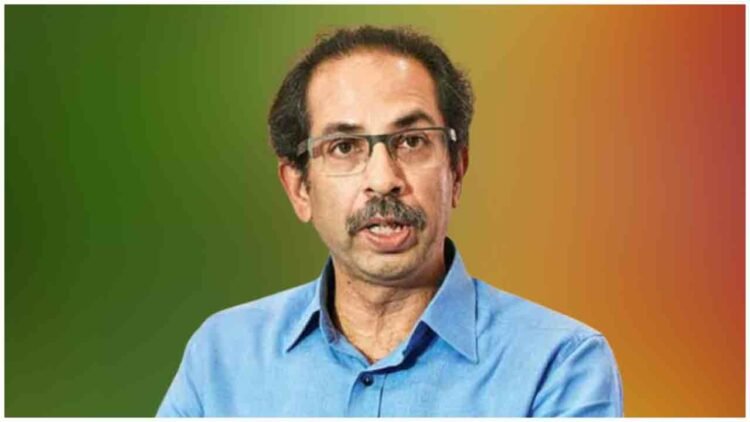Chief Minister Uddhav Thackeray on Saturday unveiled the BMC’s much-awaited ‘water for all’ policy. Under the policy, citizens will get legal water connections from the BMC. Earlier, the civic body didn’t provide water connections to encroachers, illegal hutments and buildings that don’t have occupation certificates. The BMC has taken the decision on the Supreme Court order, which says that water is a fundamental right of every citizen of India.
The CM said his government is also planning to bring ‘health for all policy’ where 139 health tests will be done free of cost.
The inauguration ceremony was organised at Meenatai Thackeray Udyan in Goregaon. Environment minister Aaditya Thackeray, Guardian minister (city) Aslam Shaikh, and state education minister Varsha Gaikwad also attended the event.
The CM said this water connection will not be considered as any residential proof. At the gathering, he recalled a project where the state government could have cut thousands of trees. “But should we hack trees? I will give water, but not at the cost of the environment,” he said, adding that “achhe din aayenge is a false promise”. He also took potshots at political parties, saying that people will show you water logging but they will not talk about water for all.
Promising that not a single citizen would be deprived of water, BMC commissioner Iqbal Singh Chahal said, “We are providing water on humanitarian grounds because the apex court and the United Nations said that every soul should get water.” He said they are converting sea water into potable water, and it would be the biggest water conversion plant ever.
Aditya Thackeray called it a historical decision and said the government is also working to provide water to remote areas like Jawar and Mokhada. “We will provide water to all Koliwadas and adivasi padas,” he added.
As per the BMC, the policy will reduce the number of illegal water connections and cases of water leakage and contamination. The civic body provides 3,800 million litres of water every day and around 25-30 per cent (900 million litres) is wasted in leakage and thefts.




























